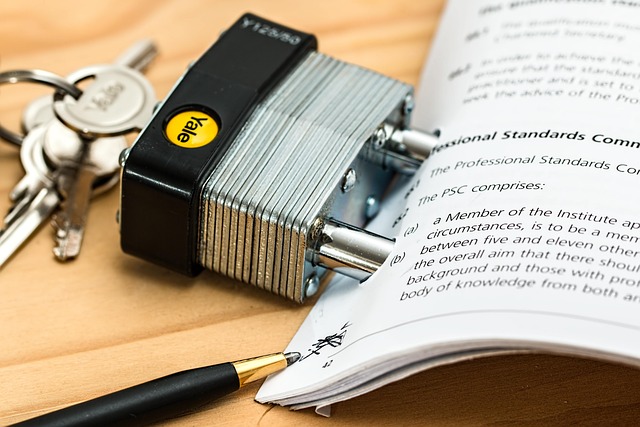
Understanding Probate in Florida
The probate process can be daunting, especially for those who have lost a loved one. In Florida, probate is the legal process through which a deceased person’s assets are distributed. It involves validating the will (if one exists), paying debts, and distributing assets to the rightful heirs. Knowing the ins and outs of this process can help alleviate some of the stress involved.
Why You Need a Probate Attorney
A probate attorney specializes in guiding families through the complexities of probate law. Here are several reasons why hiring a probate attorney is beneficial:
1. **Expertise in Local Laws:** Florida probate law has unique regulations and procedures. An attorney well-versed in these guidelines can help you navigate them effectively.
2. **Efficient Handling of Paperwork:** The probate process involves substantial paperwork. A probate attorney can help ensure all documents are filed correctly and on time, minimizing delays.
3. **Resolving Disputes:** If there are disputes among heirs or if a will is contested, a probate attorney can mediate and represent your interests in court.
4. **Managing Estate Taxes:** An attorney can help you understand and manage any estate taxes that may arise during the probate process.
Steps in the Probate Process
The probate process typically follows several key steps:
1. **Filing the Will:** The process begins with filing the deceased’s will in the probate court. If there is no will, the estate will be handled according to Florida’s intestacy laws.
2. **Appointing a Personal Representative:** The court will appoint a personal representative (executor) to oversee the estate. This person is responsible for managing the estate’s assets and handling debts.
3. **Identifying and Valuing Assets:** The personal representative must identify all assets, including real estate, bank accounts, and personal property, and determine their value.
4. **Paying Debts and Taxes:** Before distributing assets, the estate must settle any outstanding debts and taxes. This may include notifying creditors and paying claims against the estate.
5. **Distributing Assets:** Once debts are settled, the remaining assets can be distributed to the beneficiaries as outlined in the will or in accordance with state law if there is no will.
Common Challenges in Probate
Probate can come with its fair share of challenges, including:
1. **Will Contests:** Disputes may arise if someone believes the will is invalid or if they feel they are entitled to a larger share of the estate.
2. **Family Disputes:** Heirs may disagree on how assets should be divided, leading to conflicts that can delay the process.
3. **Asset Valuation Issues:** Determining the value of certain assets can be complicated, particularly for unique items or properties.
4. **Tax Complications:** Understanding and managing estate taxes can be challenging without professional guidance.
Choosing the Right Probate Attorney
When searching for a probate attorney in Florida, consider the following tips:
1. **Experience:** Look for an attorney who specializes in probate law and has experience handling cases similar to yours.
2. **Local Knowledge:** An attorney familiar with local probate courts and procedures can provide valuable insights and assistance.
3. **Client Reviews:** Research client testimonials and reviews to gauge the attorney’s reputation and effectiveness.
4. **Initial Consultation:** Many attorneys offer a free consultation. Use this opportunity to discuss your case and assess whether the attorney is a good fit for your needs.
Conclusion
Navigating the probate process in Florida can be complex and emotionally taxing. Engaging a knowledgeable probate attorney can streamline the process, address potential challenges, and ensure that the wishes of your loved one are honored. If you’re in areas like Tampa, Miami, or Orlando, don’t hesitate to reach out to a qualified probate attorney to help guide you through this difficult time.
